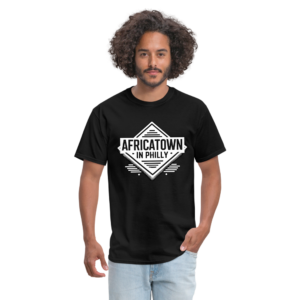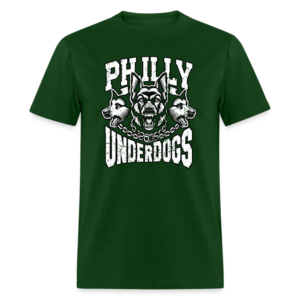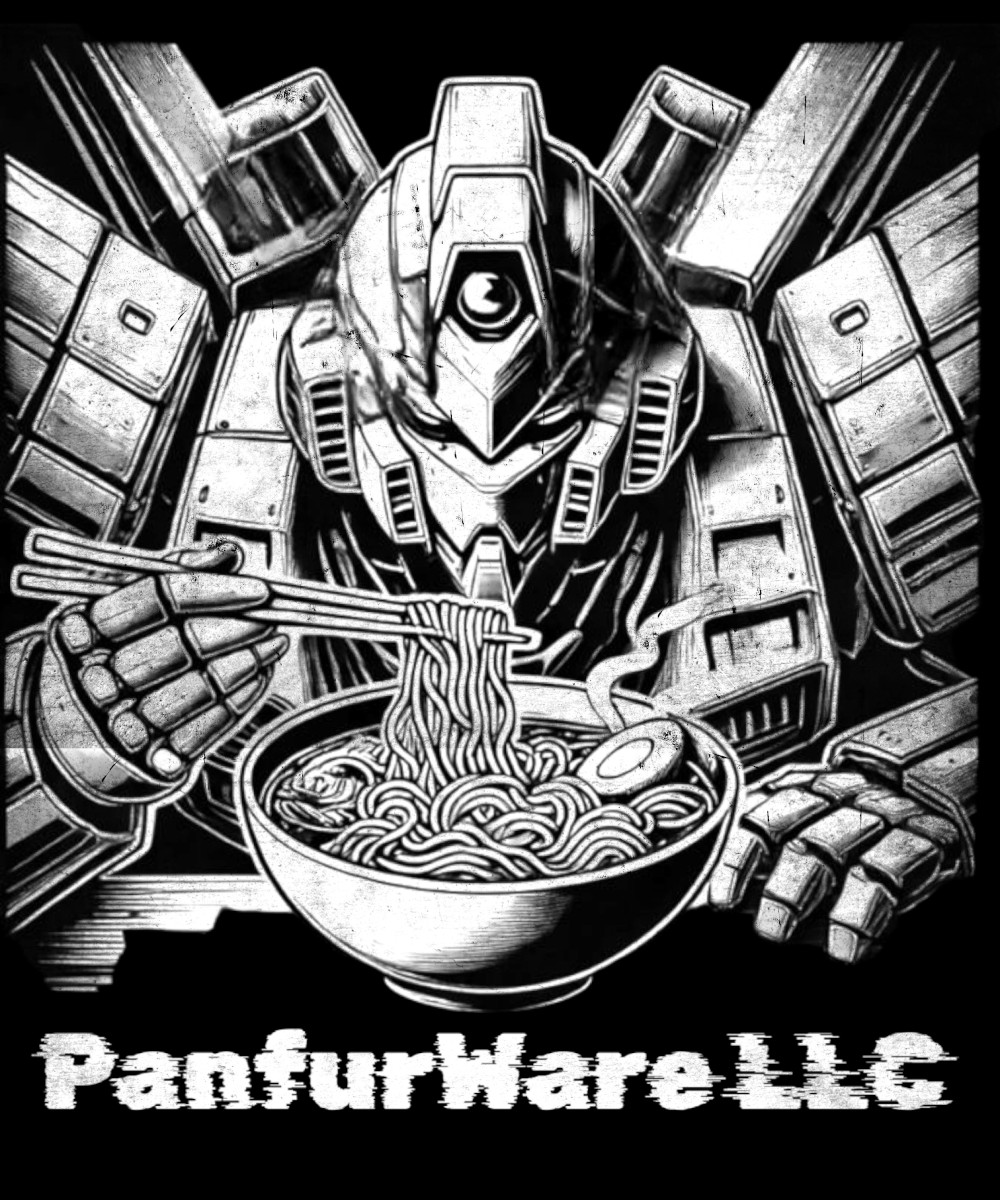Your cart is currently empty!
Tag: Austin
Tesla’s Bold Move: The Rise of the Autonomous Robotaxi Revolution in Austin
Tesla has just set the stage for a seismic shift in the ride-sharing world. In a surprising turn, the electric vehicle giant has decided to opt out of a potential collaboration with Uber. Instead, Tesla is focusing its efforts on independently developing and deploying its very own autonomous robotaxi service. This strategic move not only signals Tesla’s confidence in its advanced autonomous driving technology but also sets up a direct competition with ride-sharing giants like Uber and tech pioneers like Waymo in Austin.
The New Era of Mobility: A Glimpse into Tesla’s Autonomous Future
Tesla’s decision to go solo marks a bold departure from conventional partnerships in the automotive industry. By choosing to control every aspect of its robotaxi service, Tesla aims to redefine the customer experience. This comprehensive approach means that Tesla will handle everything—from the vehicle design and software development to customer support and the overall ride experience. The goal is simple: to create a seamless, high-quality, and cost-effective transportation solution that could potentially outpace traditional ride-sharing models.
Why Tesla Opted for an Independent Strategy
The reasoning behind Tesla’s decision is rooted in its belief that full control over the autonomous service will allow for faster innovation and more agile responses to market demands. By eliminating the need to compromise with partners like Uber, Tesla can implement cutting-edge features and safety measures without the red tape that often accompanies joint ventures. This approach is expected to deliver lower operating costs, enhanced safety protocols, and a more integrated customer experience—advantages that could make Tesla’s robotaxi service a formidable challenger to established ride-sharing networks.
The Competitive Landscape in Austin
Austin has emerged as a hotbed for technological innovation and autonomous vehicle testing. With companies like Uber and Waymo already making inroads in the market, Tesla’s entry into the local scene is set to intensify the competition. Austin’s supportive regulatory environment, combined with its tech-savvy population, makes it an ideal location for piloting Tesla’s autonomous robotaxi service. As Tesla ramps up its efforts, the city could soon witness a transformation in how residents commute, with a growing number of autonomous vehicles on the roads.
Advanced Technology Meets Unprecedented Autonomy
Tesla’s advanced autonomous driving system has long been a topic of interest for both enthusiasts and critics alike. The company’s continuous improvements in self-driving algorithms, sensor technology, and machine learning have positioned it at the forefront of the autonomous revolution. By integrating these innovations into its robotaxi service, Tesla aims to offer an experience that is not only safer and more efficient but also more cost-effective.
Enhanced Safety and Lower Costs
One of the key selling points of Tesla’s approach is the potential for enhanced safety. Traditional ride-sharing services often rely on human drivers, which introduces variables like fatigue, distraction, and human error. Tesla’s robotaxi service, on the other hand, leverages a sophisticated network of sensors, cameras, and radar systems that work in unison to detect and react to obstacles on the road. This technology is designed to significantly reduce the risk of accidents, thereby creating a safer commuting option for users.
Moreover, by eliminating the need for human drivers, Tesla’s robotaxi service is projected to operate at a lower cost. Reduced labor expenses can translate into lower fares for passengers, making autonomous ride-sharing an attractive alternative to conventional models. This cost-efficiency could be a major driver in shifting consumer preferences, potentially rendering traditional ride-sharing services less competitive over time.
Superior Technology and User Experience
Tesla’s strategy goes beyond just safety and cost savings. The company is committed to delivering a superior user experience by integrating advanced features that are not typically found in traditional ride-sharing services. Imagine stepping into a vehicle where every detail, from the interior design to the software interface, is meticulously crafted to ensure comfort and convenience. With its state-of-the-art infotainment system, seamless connectivity, and personalized ride options, Tesla is setting new standards in customer service.
The ability to update and improve the system over time through over-the-air software updates further enhances the service. This continuous improvement model means that Tesla’s robotaxi service could become more efficient, safer, and user-friendly with each passing day. In a world where technology evolves rapidly, Tesla’s proactive approach positions it as a leader in the next generation of mobility.
The Impact on Traditional Ride-Sharing Models and Critics’ Concerns
While Tesla’s independent move is generating significant excitement, it is not without its critics. Some industry experts argue that by going solo, Tesla risks alienating potential partners and complicating the transition to a fully autonomous future. Critics contend that traditional ride-sharing companies like Uber have built a strong foundation through years of network effects, establishing a vast user base and robust support systems that could prove challenging to disrupt.
Could Tesla’s Model Render Uber Obsolete?
Detractors point out that the comprehensive control over the customer experience might be a double-edged sword. While it allows Tesla to innovate rapidly, it also places the entire burden of success on a single entity. In contrast, companies like Uber have cultivated significant market presence through partnerships, diversified services, and a strong brand identity. However, proponents of Tesla’s strategy argue that the potential for lower costs and superior technology could eventually make traditional ride-sharing models less attractive. As Tesla continues to refine its autonomous systems, the economic advantages may outweigh the benefits of an established network.
The Role of Network Effects and Established User Bases
Supporters of Uber emphasize that the company’s established user base and network effects remain significant competitive advantages. Even if other manufacturers, including Tesla, achieve similar autonomous capabilities, the ingrained loyalty and familiarity of millions of Uber users could help sustain its market dominance. The challenge for Tesla will be to not only match but exceed the convenience and reliability that users have come to expect from established ride-sharing platforms.
The debate between innovation and established market dominance is heating up. On one hand, Tesla’s revolutionary approach promises a future where autonomous vehicles provide safer, cheaper, and more enjoyable rides. On the other hand, the proven business models of companies like Uber suggest that there is still plenty of room for traditional ride-sharing services to thrive, especially if they can adapt quickly to technological advancements.
Looking Ahead: What Does the Future Hold?
Tesla’s independent journey into the autonomous robotaxi market is a clear indication of the broader transformation occurring within the transportation industry. As the lines between technology, mobility, and customer service continue to blur, consumers can expect a future where traditional models are constantly challenged by innovative newcomers. Whether Tesla’s approach will completely upend the industry remains to be seen, but one thing is certain: the race for the future of ride-sharing is heating up, and Austin is at the heart of this transformation.
The Potential for Disruption
If Tesla’s strategy pays off, the implications could be far-reaching. A successful rollout of an autonomous robotaxi service would not only revolutionize how people travel but also force competitors to rethink their strategies. Companies that rely heavily on human drivers may find themselves at a disadvantage as the benefits of automation—such as reduced costs, improved safety, and enhanced user experiences—become increasingly apparent. In this scenario, even well-established players like Uber might be compelled to accelerate their own autonomous initiatives or form new partnerships to keep pace.
What This Means for Consumers
For everyday consumers, the emergence of Tesla’s autonomous robotaxi service promises several tangible benefits. Lower fares, increased safety, and a more personalized ride experience are just a few of the advantages on offer. Additionally, the integration of advanced technology could lead to a reduction in traffic congestion and a more efficient use of urban infrastructure, particularly in tech-forward cities like Austin. The future of mobility is not just about getting from point A to point B—it’s about creating a holistic, integrated experience that enhances the quality of urban life.
Embracing the Change: Join the Conversation!
The automotive and tech industries are evolving at a breakneck pace, and Tesla’s recent move is just the tip of the iceberg. We want to hear from you! What are your thoughts on Tesla’s decision to independently develop its autonomous robotaxi service? Do you believe this will mark the beginning of the end for traditional ride-sharing models, or do established players like Uber have the resilience to adapt and thrive?
Drop your comments below and share your insights on this unfolding revolution. Your feedback is invaluable in shaping the future conversation around mobility and technology. And if you found this post engaging and informative, don’t forget to share it with your friends and on your social media platforms. Let’s spread the word about the transformative changes coming to our streets and the exciting future of autonomous travel!
Conclusion: The Road Ahead is Autonomous
Tesla’s bold decision to forgo a collaboration with Uber in favor of independently launching its autonomous robotaxi service signals a significant shift in the transportation landscape. With a focus on complete customer experience control, advanced technology, and cost efficiency, Tesla is positioning itself as a serious contender in the autonomous ride-sharing arena. The competition with Uber and Waymo in Austin is expected to drive rapid innovation, pushing all players in the industry to elevate their game.
As we witness this dynamic evolution, one thing remains clear: the future of mobility is autonomous, and the choices made by industry giants today will shape the way we travel tomorrow. Stay tuned for more updates and join the conversation by commenting and sharing your thoughts on this revolutionary development.
Robot Driver Yelling Hackman Unisex Classic T-Shirt
$19.99Robot Driver Yelling Hackman Unisex Classic T-Shirt. Rep your city and humor with the Robot Driver Yelling Hackman Unisex Classic T-Shirt!
Featuring a playful twist on the nickname “Hackman” (unofficial taxis in the hood), this tee combines futuristic tech with street-smart culture. A perfect blend for those who love humor, city life, and the hustle of everyday adventures!
-

Hungry and Humble Football Player Flapping Arms Touchdown Celebration Unisex Classic T-Shirt #philly
$19.99 Select options This product has multiple variants. The options may be chosen on the product page -

Africatown in Philly Phrase Unisex Classic T-Shirt
$13.99 Select options This product has multiple variants. The options may be chosen on the product page -

Vintage Funny Cat Selfie UFO Alien Invasion Unisex Classic T-Shirt
$13.99 Select options This product has multiple variants. The options may be chosen on the product page -

Vintage Philly Underdogs German Shepherds Unisex Classic T-Shirt
$9.99 Select options This product has multiple variants. The options may be chosen on the product page -

Voxel Art Music Producer and DJ Headphones Unisex Classic T-Shirt
$24.99 Select options This product has multiple variants. The options may be chosen on the product page
————————————————
We use AI GPT Chatbots to help with our content and may get some things wrong.
————————————————-
-









